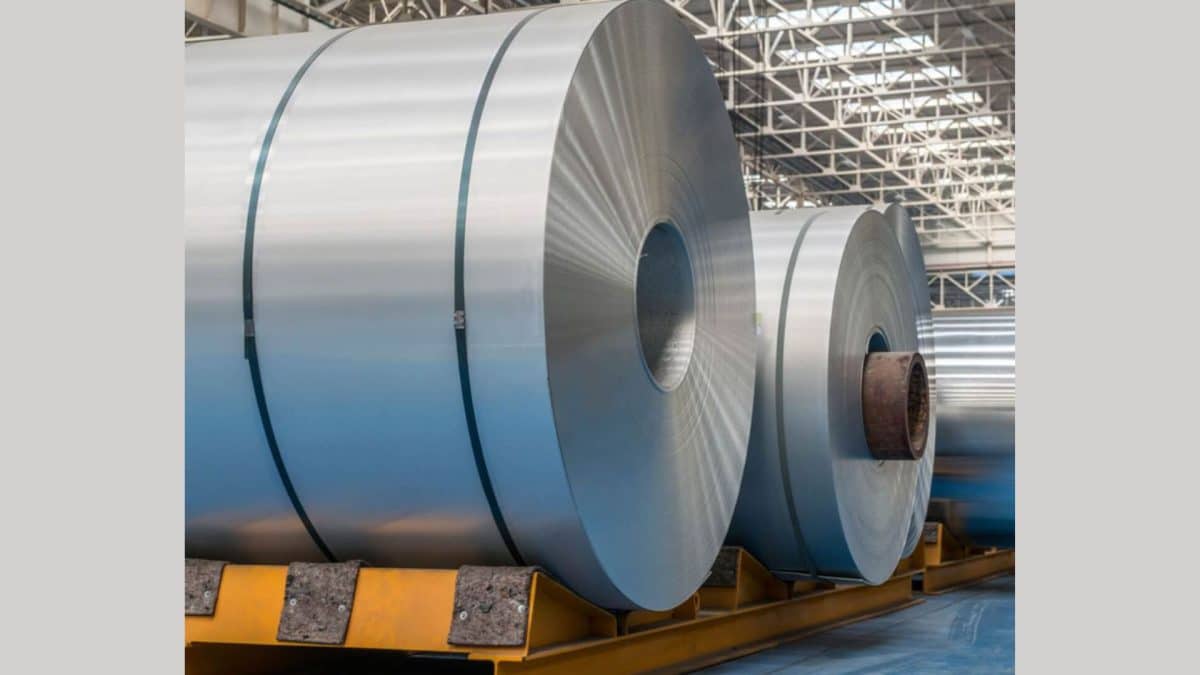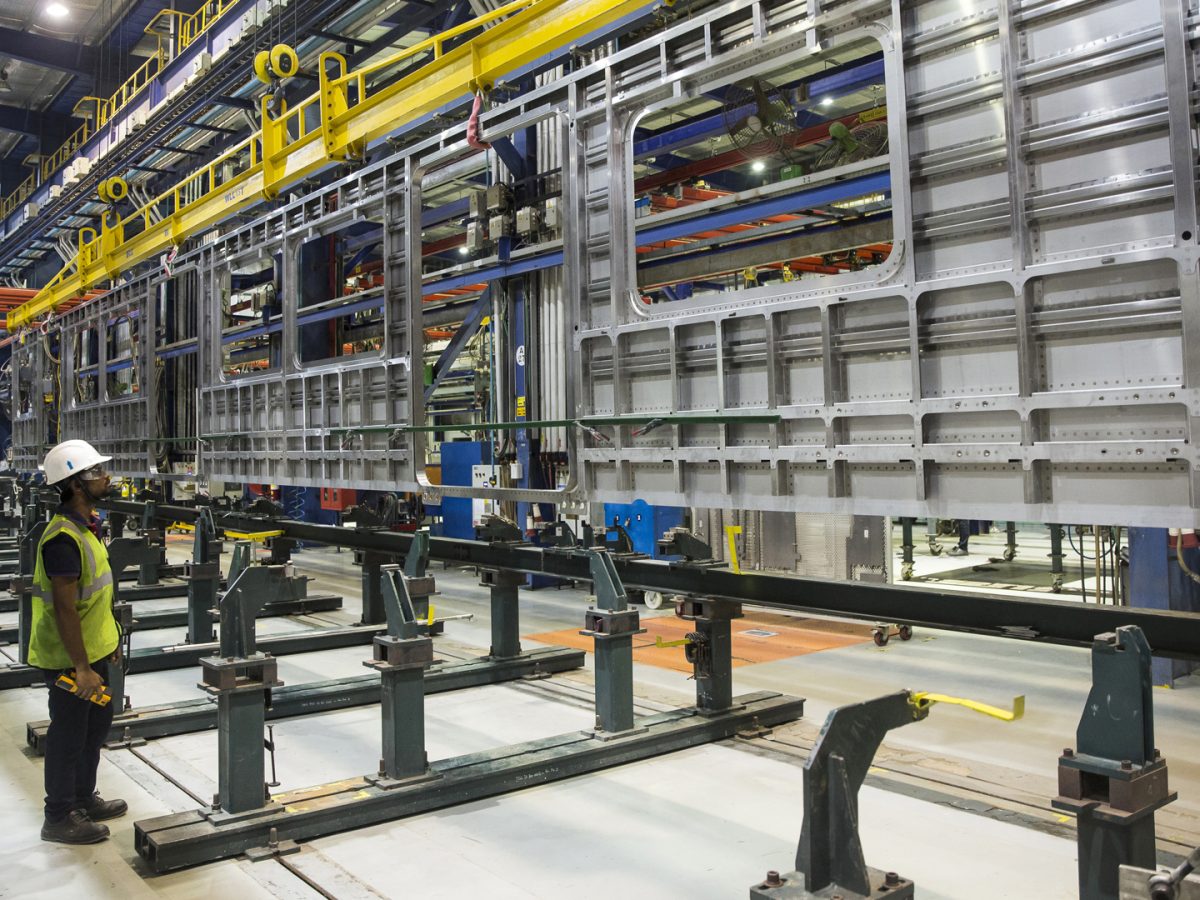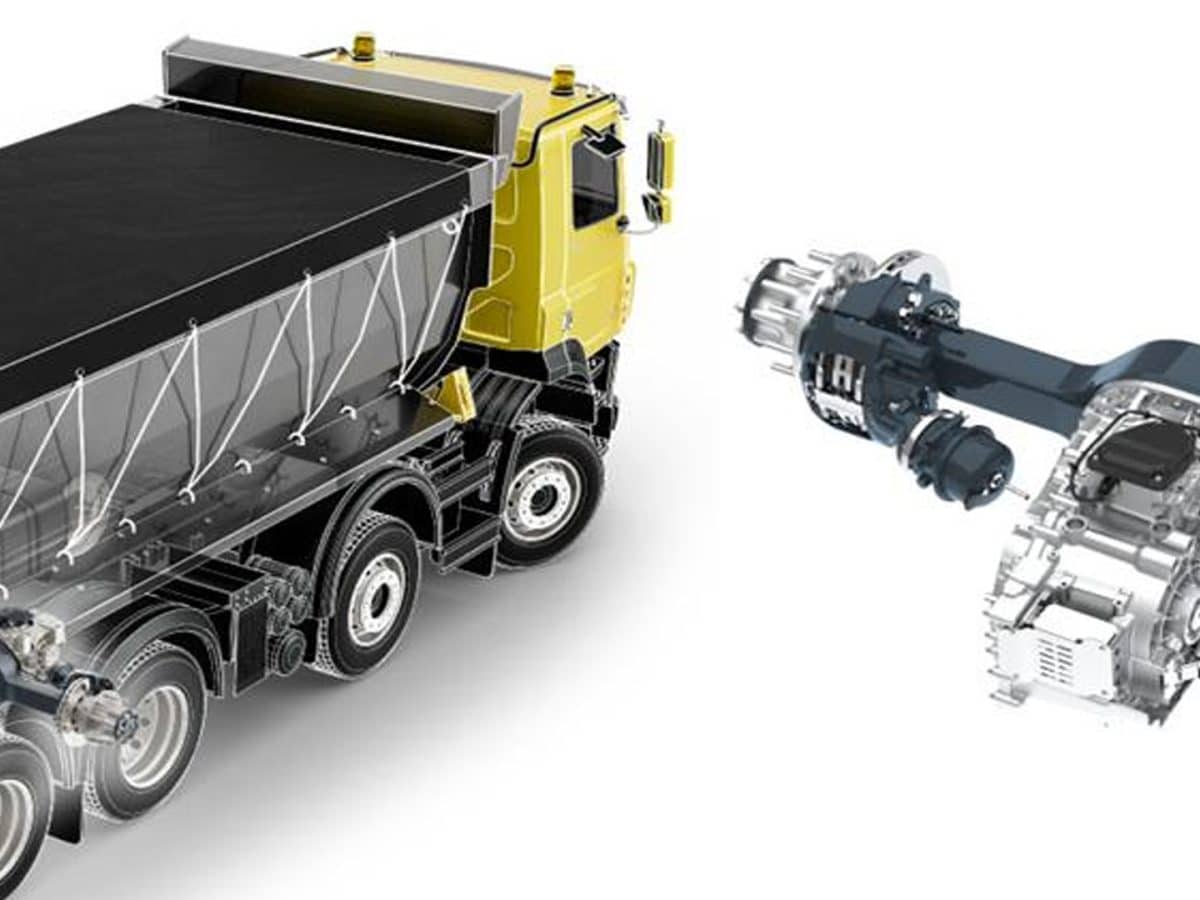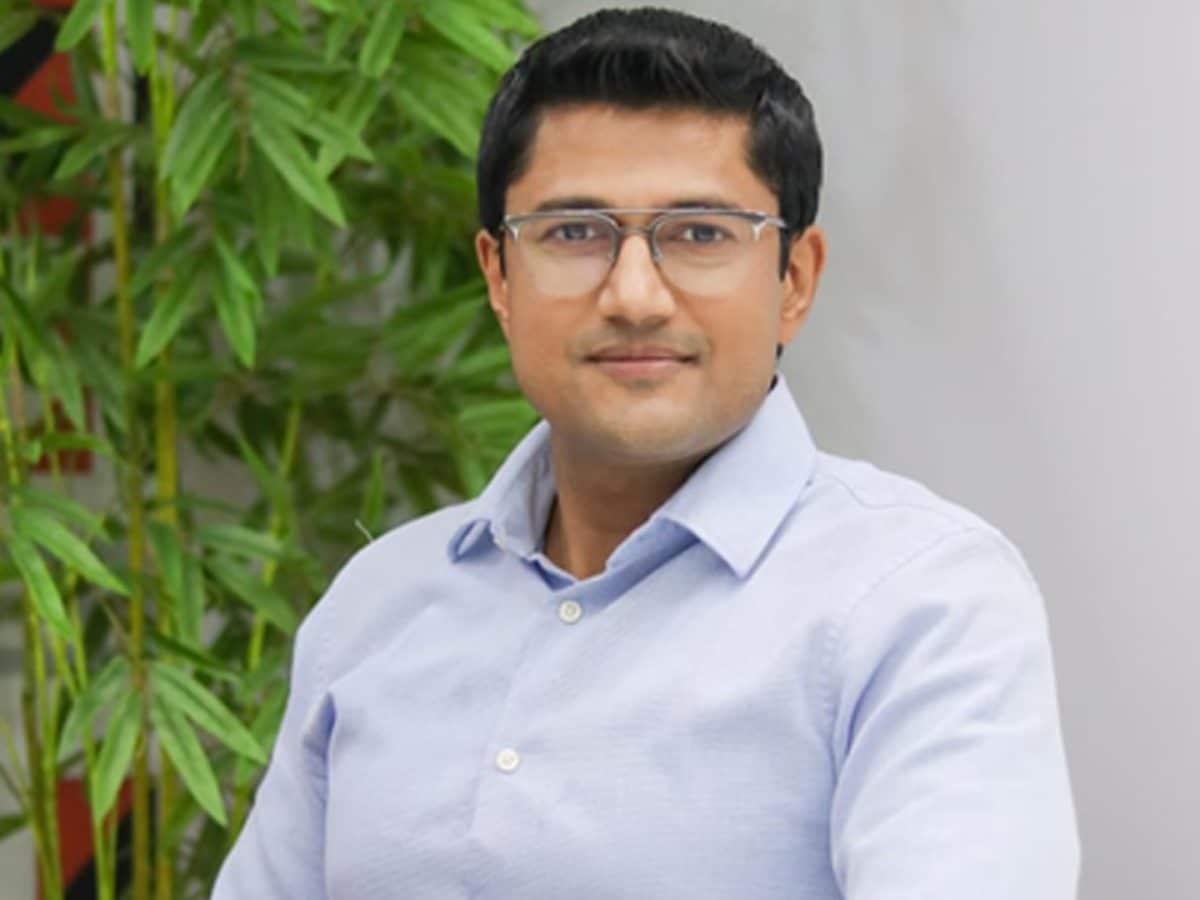India is rapidly emerging as a global manufacturing powerhouse, and at the heart of this transformation lies its steel industry. More than just raw material, steel is the backbone of India’s industrial ambitions, driving progress in sectors ranging from automotive and defence to renewable energy and infrastructure. It also serves as a major employment generator, fueling economic growth across multiple industries.
With demand for high-grade, specialty steel surging, India’s crude steel demand is expected to grow from 119 million tons in 2023 to nearly 230 million tons by 2030. To sustain this momentum, enhancing domestic steel production capabilities is no longer just an option but an imperative. Innovation, technological advancement, and policy-driven incentives will define this next phase of growth, ensuring India’s competitive edge in global manufacturing.
The government’s proactive approach to strengthening the steel industry is evident in initiatives like the Production-Linked Incentive (PLI) Scheme 1.1. Designed to boost domestic manufacturing and reduce reliance on imports. The scheme is a game-changer for steel producers. By offering financial incentives for capacity expansion, technological upgrades, and R&D investment, it is catalyzing a shift toward self-reliance in high-performance steel production. This policy intervention is expected to not only catalyze large-scale investments, but also accelerate the production of high-strength, corrosion-resistant, and lightweight steel, which are critical to sectors like electric vehicles, aerospace, and defence manufacturing.
India’s steel imports stood at nearly 6.02MT in FY23; with enhanced domestic capacity, reliance on imports, especially for specialized grades, could significantly decline, reinforcing India’s position as a global steel hub. The country’s burgeoning electric vehicle sector alone is expected to drive higher demand for advanced steel, as manufacturers seek lighter, more durable materials. As global supply chains undergo recalibration, India’s self-sufficiency in steel is positioning it as a preferred destination for advanced manufacturing investments. Unlike traditional manufacturing giants like China and Japan, India’s focus on high-value, sustainable steel production is setting it apart as a future leader in advanced metallurgy. This shift not only drives economic growth but also strengthens India’s industrial ecosystem, making it more resilient to global uncertainties.
Like other industries, innovation and technology are transforming India’s steel industry, with domestic producers increasingly embracing artificial intelligence, automation and sustainable manufacturing to enhance efficiency and reduce environmental impact. AI is streamlining steel production through predictive analysis, which optimizes schedules, reduces downtime and cuts waste. Machine learning algorithms enhance quality control and defect detection, while AI-driven automation not only improves efficiency but also lowers emissions.
By optimizing energy consumption in steel plants, AI reduces the overall carbon footprint, ensuring more sustainable production. Additionally, AI-driven predictive maintenance minimizes equipment failures, preventing costly downtimes and enhancing operational efficiency. This shift is turning steel manufacturing into a highly innovation-led, tech-driven industry therefore seeking specialised skills.
Beyond manufacturing capabilities, the sector’s continued growth will create diverse job opportunities across engineering, logistics, construction, and skilled labour. However, the ongoing technological advancements are reshaping workforce demands, transforming traditional roles while creating new, specialised opportunities. AI-driven transformation is increasing demand for data scientists and automation specialists as companies integrate smart manufacturing. Sustainability-focused roles, such as carbon management strategists and green energy specialists, are also gaining prominence.
Additionally, evolving global regulations on sustainable production are making safety and compliance roles more critical. Despite these opportunities, India’s manufacturing and engineering sectors faced a widening skill gap in 2022, with a shortfall of 29 million skilled workers. This gap, primarily driven by the rapid adoption of the Industrial Internet of Things (IIoT), automation, and additive manufacturing, is growing further with the rise of AI. Addressing this challenge requires a multi-pronged approach, including enhanced vocational training, deeper industry-academia collaborations, and continuous upskilling programs to keep pace with automation and AI advancements.
Incidentally, the rising skill gap is also driving the need for an on-demand workforce. As traditional employment models are unable to address flexible labour demand, the need for a contingent workforce has become even more essential. Companies are increasingly turning to contingent, temporary staffing, and contract workforce models to meet their fluctuating labour needs. However, to remain competitive, this on-demand workforce must be both adaptable and skilled, requiring skill development initiatives to align closely with industry needs. By integrating targeted training programs and adaptive upskilling strategies, the industry can build a robust talent pipeline that supports its long-term growth and competitiveness.
The convergence of policy support, technological innovation, and rising domestic demand marks a defining moment for India’s steel industry. As global supply chains prioritize resilience and diversification, India is well-positioned to emerge as a leader in specialty steel manufacturing. Overcoming challenges like high energy costs and raw material price fluctuations will be critical to sustaining this momentum. This transformation is not just about steel, it is about India solidifying its position as a global leader in high-performance, sustainable manufacturing.
Authors:

Global Services & Innovsource







